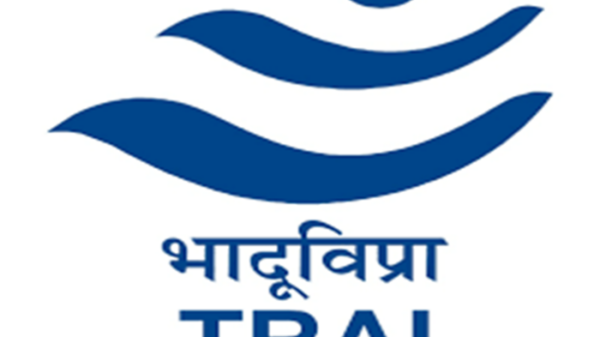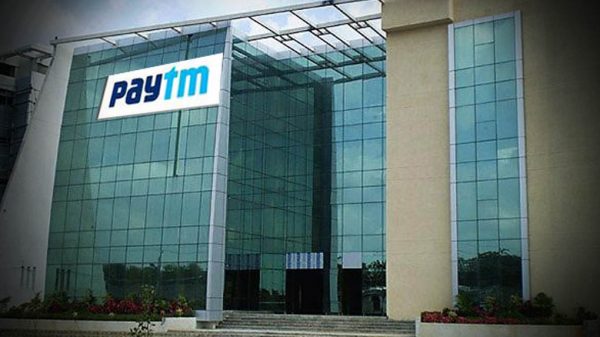On Tuesday, the Rajasthan government shut mobile internet down in the district of Bundi. The shutdown came after some Hindu mobsters reportedly tried to pray at a disputed religious site, violating a peace committee's past orders. The ban was in effect till 6am on Wednesday morning, the Times of India reported. In December, Sharat Kaviraj, a Superintendent of Police in Rajasthan, explained the logic behind internet shutdowns to MediaNama over phone at an open house discussion on the impact of internet shutdowns. Ajay Data, who runs an ISP in Rajasthan, called Kaviraj an "IT supercop". Edited excerpts of Kaviraj's remarks follow. Painful decision with no alternatives Shutting the internet down is a very painful decision for anyone to take. Because as you understand, all civil servants are essentially committed to serving people, and we are also aware that internet availability is a fundamental right in some countries. Everyone in government understands that internet is critical for modern living today. So the decision to shut the internet down is always very difficult. In the recent past, this discretion has been exercised quite frequently, and one of the major decisions was to shut it down in Jaipur. Before that, it was shut down in other districts during times of unrest. Jaipur was hit by riots. So this decision is a difficult one, and what I would say is that this system is forced upon us by the fact that a lot of people deliberately, and sometimes without understanding the consequences, forward all kinds…





























